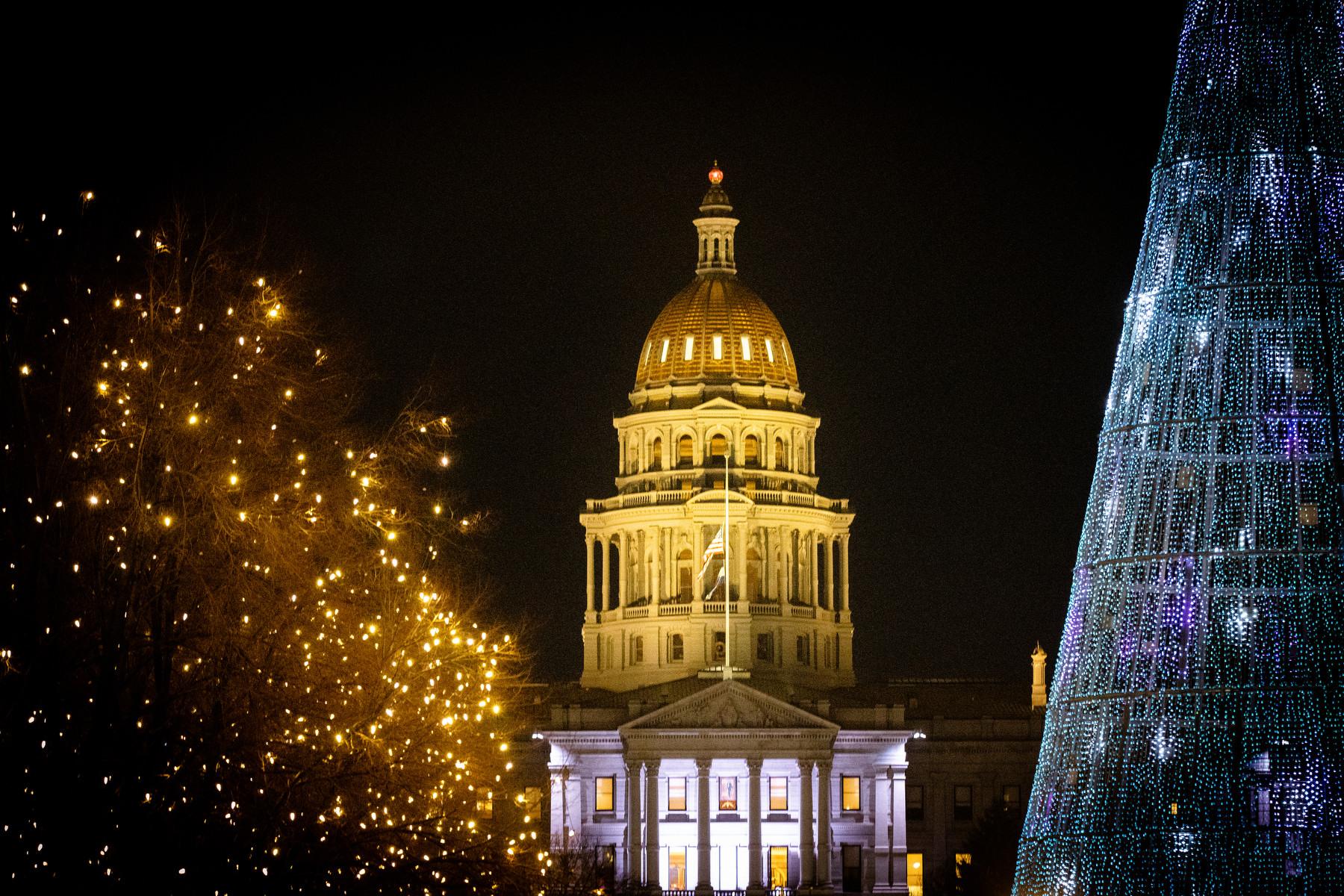
A Denver judge is ordering Democratic lawmakers to stop using a private ranking system to prioritize bills for funding because the practice violates Colorado’s open meetings law.
Legislative leaders developed the system, known as quadratic voting, a few years ago. It allows Democratic lawmakers to vote anonymously on which bills they believe are most worthy of limited state funds. The results allow leadership to plan their strategy on bills with fewer public disagreements.
However, two conservative groups sued last year, arguing the secret ballots violated Colorado’s open meetings law. And on Friday, Judge David Goldberg agreed.
“The explicit purpose of (Colorado’s Open Meetings Law) is to encourage public participation in the legislative process through an increased awareness of public matters,” Judge Goldberg wrote.
The ruling notes that the quadratic voting system, which is operated by a third-party vendor, appears to have been set up to adhere to the letter of the open meetings law while violating its spirit.
“This illegal system let legislators off the hook from having to take public positions on legislation which keeps their constituents from knowing where their elected officials stand,” said Michael Fields, president of Advance Colorado, one of the groups behind the lawsuit, in a statement celebrating Friday’s ruling.
When the existence of the system first became public, Democrats defended its utility in helping their members navigate the hundreds of bills introduced each session and argued that every bill still goes through a system of public hearings, debates, and votes.
While they agreed to make the results of the votes available on request, they did not release information on how individual lawmakers voted on specific bills.
In a joint statement after Friday’s ruling, Senate President Steve Fenberg and House Speaker Julie McCluskie said, “This tool was intended to bring fairness, equity, and inclusion into how we invest our state resources, and we are committed to these principles and to transparency in the legislative process. We are disappointed in the court’s decision and still reviewing it.”
This is the second time in recent months that legislative leaders have had to change practices that violate Colorado’s transparency rules. House leadership agreed to a number of changes after two members of their own caucus sued them over the summer.
Transparency laws are likely to be a subject of debate during the 2024 legislative session, which starts Wednesday, Jan. 10.









